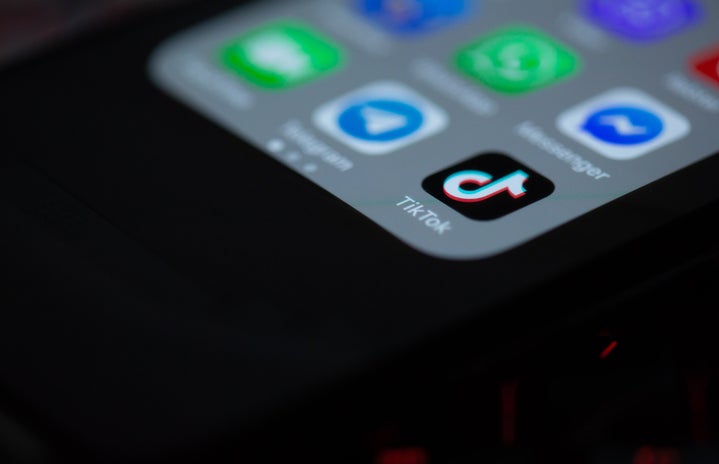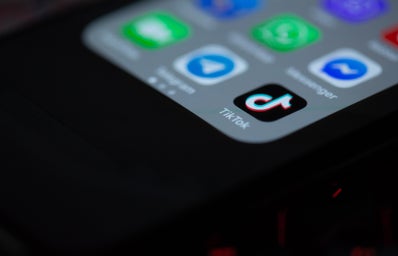Before apps, people would use spreadsheets and online calendars to keep track of their menstrual cycles. And before that, it was plain old paper. As technology has evolved over the years, so have different app developments such as the period-tracking apps that are available today. Period-tracking apps have become increasingly popular in recent years with an estimated 50 million people worldwide using period-tracking apps and about 200 million downloads of such apps taking place. Period-tracking apps are often versatile as they enable users to track their menstrual cycle, ovulation and other related symptoms. People have invested in period-tracking apps as they have become more interested in understanding their menstrual cycles and health in general.
The apps enable users to log various aspects of their menstrual cycle such as when their cycle starts and ends, symptoms (cramps, bloating, mood changes), length of cycle and the intensity of their menstrual cycle. Some period-tracking apps also provide information on fertility and ovulation, helping users to predict when they are most likely to conceive. This can be helpful for individuals who are trying to get pregnant or who want to avoid pregnancy. Many period tracking apps also offer additional features, such as reminders to take birth control pills, education about reproductive health, and the ability to share data with a partner or healthcare provider.
Period-tracking apps tend to give menstruating people a sense of ease due to their ability to track their menstrual cycles for the convenience of knowing when they’ll likely start and stop, to track ovulation in order to prevent or conceive a pregnancy, to identify patterns of frustrating symptoms and more. It helps users notice symptoms and patterns within hormonal fluctuations over each month, as well as store useful information for doctor visits – like the date of your last menstrual period.
Although period-tracking apps bring benefits to menstruating people, it does present a certain set of setbacks. A lot of this involves questionable acts of security breaches towards period-tracking app users. One way of describing this is through surveillance capitalism. Surveillance capitalism is when companies collect and analyse personal data from individuals to create targeted advertising and other services. Period-tracking apps gather a significant amount of personal information from users, such as menstrual cycle details, symptoms, and mood.
This data can be used by companies to create personalised advertisements for menstrual products and other related items. The data collection and analysis process involved in period tracking apps can also affect how individuals perceive their own bodies and health. For instance, if a period tracking app suggests that particular symptoms are normal during a certain phase of the menstrual cycle, individuals may internalise these symptoms as a normal part of their experience, even if they are not. As a result, these apps may shape individuals’ perceptions of their own health and wellness.
Period-tracking apps, like many other health and wellness apps, often make assumptions about what constitutes “normal” or “healthy” experiences based on the data they collect from their users. For example, if a large number of users report experiencing fatigue or mood changes during a certain phase of their menstrual cycle, the app may suggest that these symptoms are normal or even expected. While this information can be helpful for individuals looking to better understand their bodies and menstrual cycles, it can also be problematic if it perpetuates stereotypes or assumptions about what is “normal” or “healthy.” Additionally, if users rely solely on the information provided by a period tracking app, they may miss important signs or symptoms of underlying health issues that require medical attention.
Furthermore, the personal information collected by period-tracking apps can be subject to bias or errors. For example, data from a predominantly white and affluent user base may not accurately reflect the experiences of individuals from other racial or socioeconomic backgrounds. This can lead to misdiagnosis or under treatment of health issues in individuals from marginalised communities. Therefore, it’s important for users of period tracking apps to be critical of the information provided and to use it in conjunction with medical advice from a healthcare provider. It’s also important for companies developing these apps to recognise and address biases in the data they collect and the assumptions they make about what is “normal” or “healthy.”
While tracking one’s menstrual cycle through period-tracking apps can serve both as a form of self-care and a way of generating knowledge about one’s body. These practices are influenced by the increasing popularity of quantifying and collecting data about one’s experiences. Period-tracking apps can provide valuable information for individuals to better understand their menstrual cycles and overall health. However, it’s important to recognise that the data collected by these apps are often used to target users with personalised advertising, which is part of a broader system of surveillance capitalism. As a result, it’s important for individuals to use these apps with critical awareness and in conjunction with advice from a healthcare provider.

